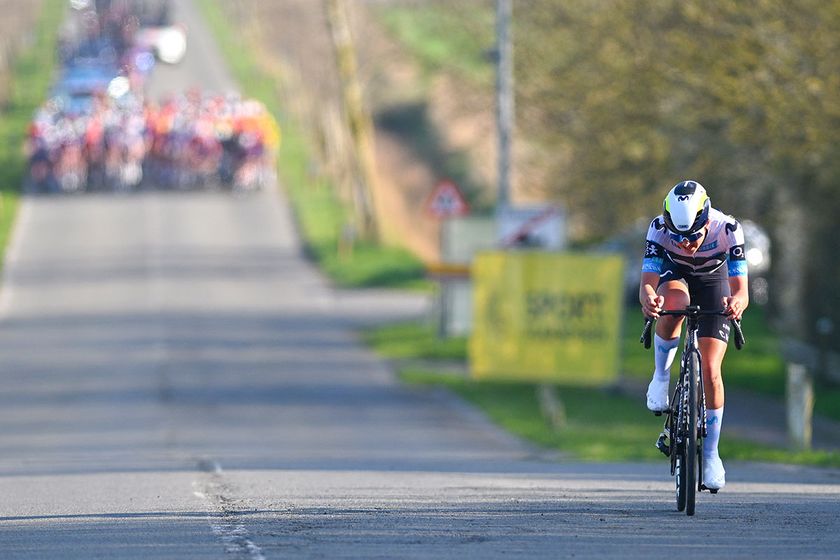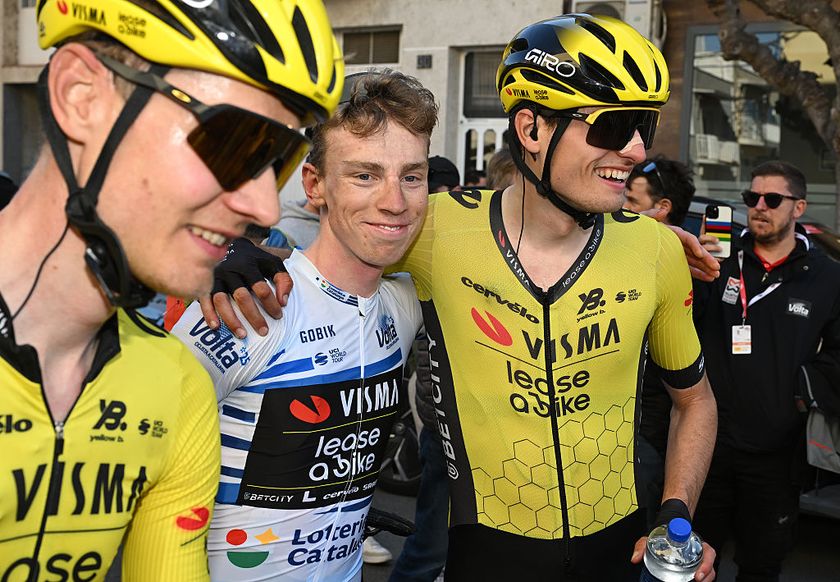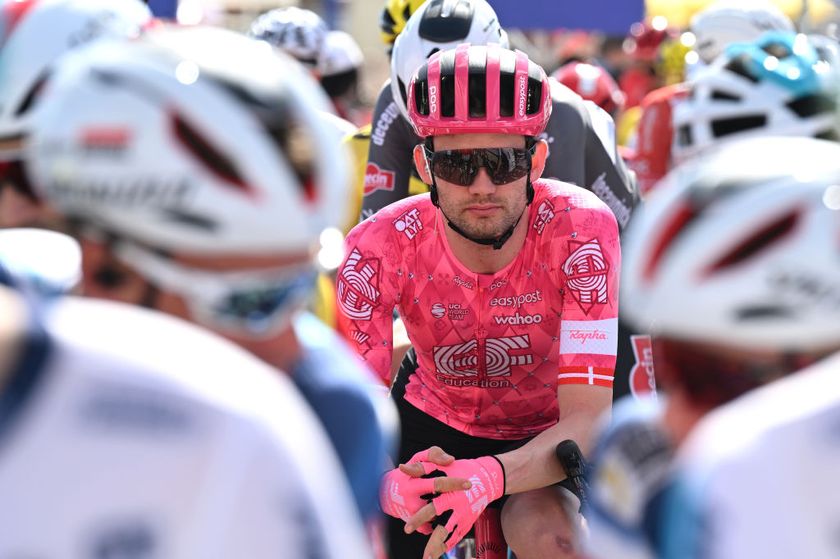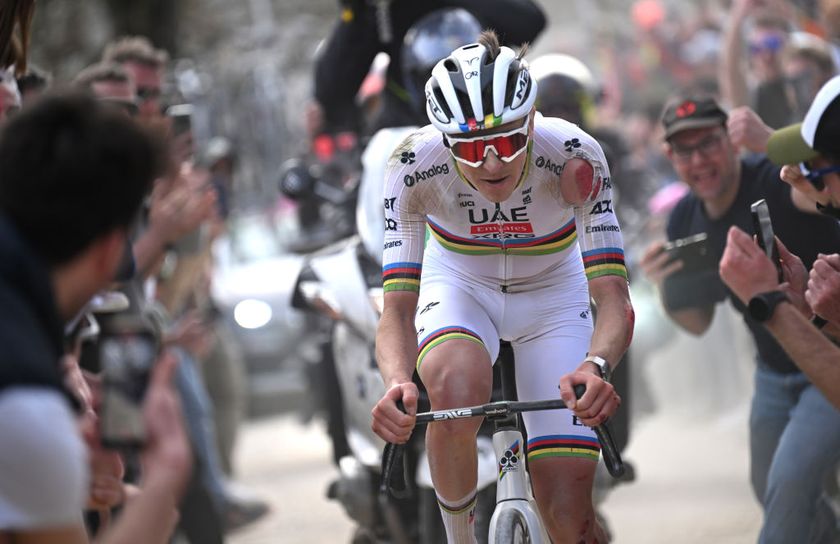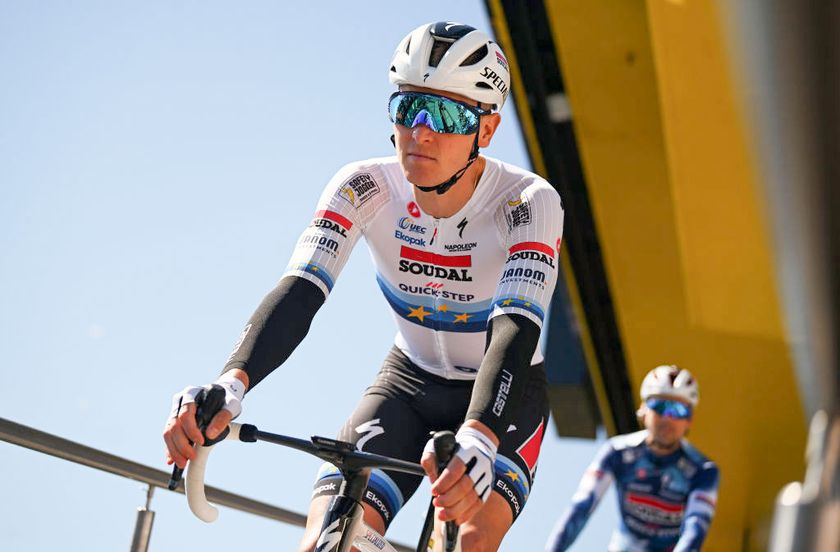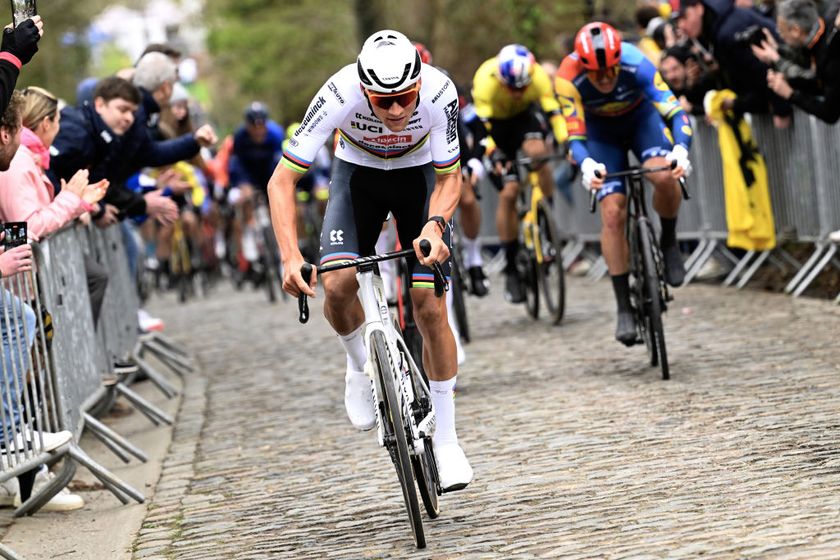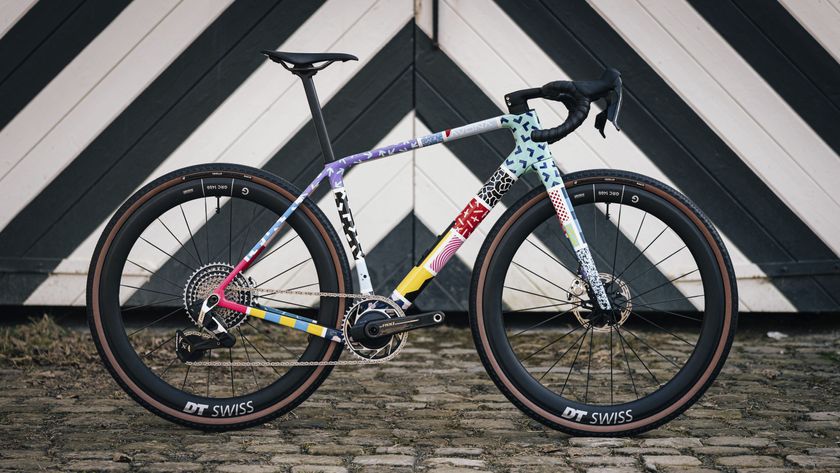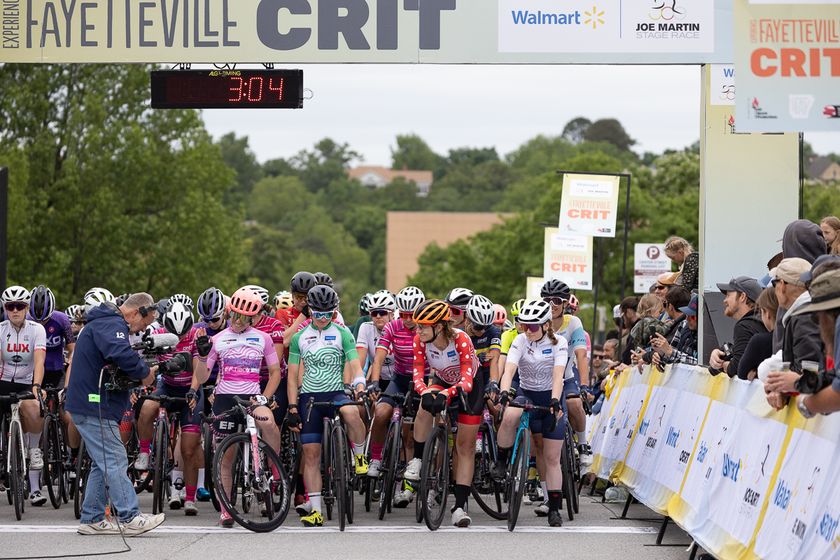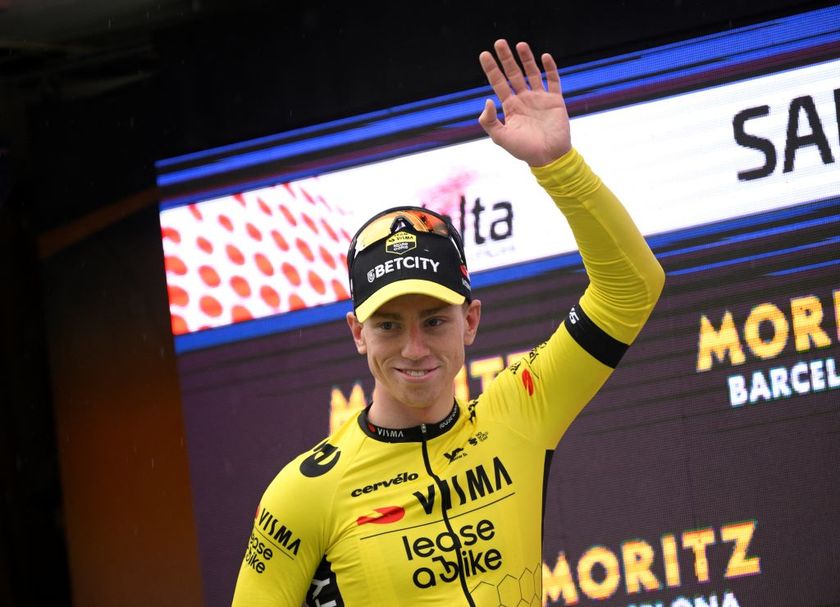Australian riders set for European winter as COVID-19 restrictions hit home
‘I think that the majority of us are staying here because we’re pretty much stuck’ says Hosking
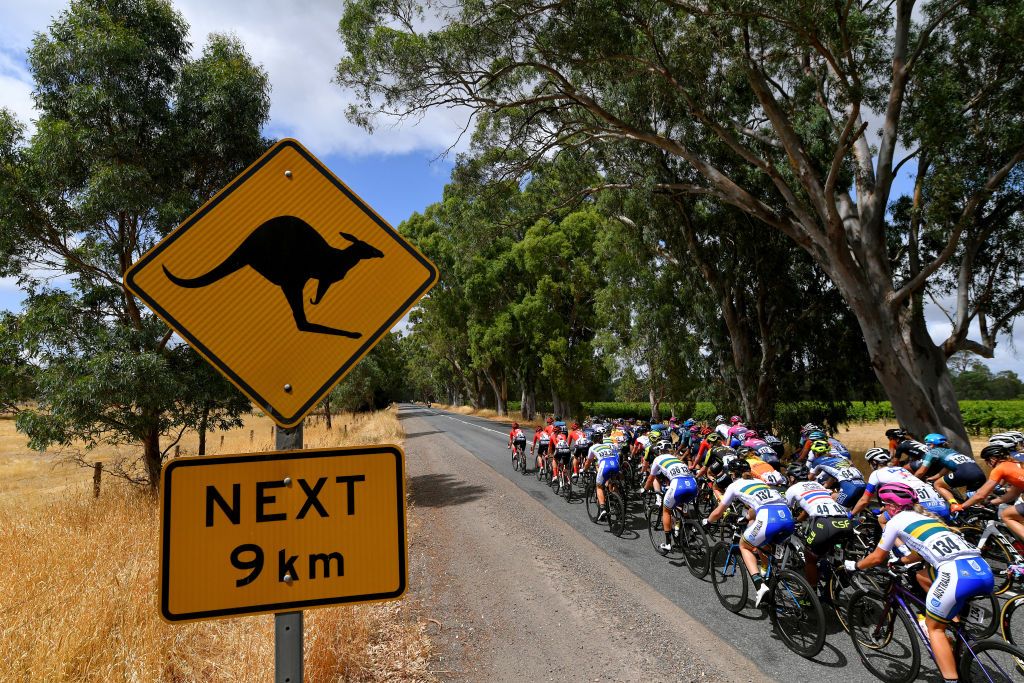
Australian riders based in Europe face the difficult decision over whether to return home to a southern hemisphere summer or base themselves in Europe over the off-season, with legitimate concerns over COVID-19 travel restrictions, cancelled races, quarantine, and costs.
Riders typically head back during the European winter and combine training with visiting family and the start of the Australian racing season but with events such as the Tour Down Under and the Cadel Evans races all postponed and with the Australian government at this point still enforcing similar – if not stricter – travel restrictions than twelve months ago, riders are considering remaining in Europe. That’s the case for Trek-Segafredo’s Chloe Hosking, who hasn’t missed an Australian summer since turning professional.
“I’ve been in Europe in December, so to places like Tenerife or Alicante and then I’ve gone back to Australia for Nationals but with no Tour Down Under this year, and no Cadel's, and the fact that Nationals are no longer a qualification event ... other than the family, there’s no reason to go home but hopefully, once the borders are open they’ll come and visit me,” Hosking told Cyclingnews at the recent Women’s Tour.
“I think that the majority of us are staying here because we’re pretty much stuck,” she added.
Hosking plans to base herself in Germany over the coming months after her husband came over from Australia during the summer. She has already asked her teammates at Trek-Segafredo for advice when it comes to training during the cold winter days, but there’s still a sense of nerves – coupled with excitement – over what’s to come. The 2018 Commonwealth Games winner is expected to also spend Christmas in Denmark with friends.
“I think it’s even harder than last year to go home. They’ve cut the quotas down so I think that a lot of Aussies are going to be braving their first European winters, and I’d be lying if I said that I wasn’t nervous about it. I’ve been asking every one of my teammates ‘what do you do in winter, how do you train, what do you wear and I’ve not picked a super friendly place to stay with regards to the weather as I’m staying in Germany. I’m going to have a proper European winter,” she said.
For Hosking, it’s not just one factor that causes problems when considering a home visit. The uncertainty and the two-week quarantine are a definite influence, however.
Get The Leadout Newsletter
The latest race content, interviews, features, reviews and expert buying guides, direct to your inbox!
“It’s a combination of everything. It’s literally super hard to get into Australia at the moment. If you have a flight it’s getting cancelled or re-booked until February but by then you want to be in Europe anyway. Then you need to do the two-week quarantine. It's a bit like Australia is stuck in a time-warp because it’s exactly the situation it was in a year ago. Nothing has really changed. It’s frustrating but it’s something that we just have to live with at the moment.”
As Australia edges closer to 80 percent COVID-19 vaccination rates, plans to ease the restrictions and open up the borders to allow those from the nation to travel and more easily return are being made, but the reality for now is still that the strict two-week hotel quarantine requirements – with a severely limited numbers of available places – remain.
“Last year I did the quarantine, and I was hoping it was scrapped this time because I’m not willing to put myself through that again. Mentally, it wasn’t great and I feel sorry for anyone who has to do it. I didn’t have to train but you’re just cooped up in a room with a window that opens ten centimetres.”
Hosking also isn’t concerned about the training alterations that might need to be made. One of the pluses for Australians who venture home is that the warmer temperatures of summer, given the seasons are reversed in the southern hemisphere, provide more hospitable training conditions and that the riders who arrive back in Europe are often already in form.
“I’m not that worried about it, to be honest, and I’m looking forward to it. Being an elder statesperson of the peloton now I think that it’s good to try something different. It will give my body proper rest and I’ll be able to enjoy the seasons of the year. If the Euros can do it and still beat me at Omloop then I can do it.”
Daniel Benson was the Editor in Chief at Cyclingnews.com between 2008 and 2022. Based in the UK, he joined the Cyclingnews team in 2008 as the site's first UK-based Managing Editor. In that time, he reported on over a dozen editions of the Tour de France, several World Championships, the Tour Down Under, Spring Classics, and the London 2012 Olympic Games. With the help of the excellent editorial team, he ran the coverage on Cyclingnews and has interviewed leading figures in the sport including UCI Presidents and Tour de France winners.

